“Tensions in the Baltic Sea have risen this week after Russia accused the United Kingdom and the United States of conspiring with Ukraine to carry out sabotage actions against NATO forces. The accusation, made by the Kremlin on June 15, has been strongly denied by both Western capitals and has raised fears of an escalation of hybrid conflict in one of Europe’s most militarized waterways.
Devastating attack on Kiev
According to Ukrainian authorities and international media, Russian forces launched a combined 440 drones and 32 missiles – the largest such operation this year – to strike 27 sites in Kiev over nine hours, including residential blocks, schools and infrastructure targets. A nine-story Solomiansky district apartment building was destroyed, killing 14 people and injuring dozens.

- Kyiv after Russian attack
Kyiv officials confirmed that 15 people were killed and 124 injured; the mayor reported that a 62-year-old US citizen was among the dead. President Volodymyr Zelensky called the attack “pure terrorism” and declared a national day of mourning. One Kyiv resident described the scene as “horrific… the elderly and children… were cut up”, underscoring the brutality of the attack.
Iran’s Shahed drones fuel Russian campaign
Analysts and battlefield observers confirmed that many of the drones used were of the Iranian-made Shahed model. Reuters Russian officials told The drones were part of Russia’s strategy to allow a large-scale attack to sink the Ukrainian military. On Wednesday, it claimed to have intercepted 147 Ukrainian drones overnight — evidence of an increasingly intense drone war on both sides.

*Remains of Shahed drone in Vinnytsia
Since the fall of 2022, Russia is believed to have imported thousands of Shahed drones under deals worth more than $1.75 billion. The weapons now bolster the Kremlin’s deep-strike capabilities while Ukraine’s Western-allied partners are struggling to keep up.
Strategically and politically charged
The attack on Kiev is the bloodiest since the KN-23 missile attack in April. The attack also comes amid a cooling in Western support for Ukraine, largely due to the US focus on the Israeli-Iranian conflict — a dynamic Ukrainian threat could embolden Moscow.
Meanwhile, Russia’s leadership is concerned that instability in Iran — its main drone supplier — could jeopardize that alliance. Russian officials are assessing whether Tehran’s regime can withstand Israeli airstrikes, which complicate Russia’s operations and supply chains. Although Moscow has previously offered to mediate between Tehran and Jerusalem, there are growing concerns that a weakened Iran could undermine Russia’s strategic position.
What this means for the future
President at G7 summit in Canada Zelensky’s appeal stressed the need for more advanced air defenses to counter unprovoked drone attacks. However, now that Iran is supplying Russia, those defenses face a long-term test.
On the strategic front, reliance on Iranian drones could drag Moscow deeper into the Middle East conflict. If Tehran retaliates further against Israel, its ally Russia is widening the battlefield.
Analysis
The unprecedented attack underscores a new phase in the Ukraine war: drone saturation supported by a global partnership. Ukraine’s urgent need for a layered, high-capacity air defense is more urgent than ever.
For Moscow, Iranian drones are a force multiplier — but also a vulnerability tied to Iran’s future in the Israeli-Iranian conflict. Amid shifting alliances, Russian and Ukrainian interests could find new overlap.
Western allies now Faced with a grave dilemma: either outdo Russia’s drone capabilities – potentially by providing Ukraine with equivalent systems – or risk giving up air dominance and prolonging civilian suffering.
This escalation in missile and drone warfare will shape the course of the conflict – and perhaps deepen global divisions.
Read More: Mass Exodus from Tehran as Israel Orders Evacuation
FAQs
In the deadliest attack on Kiev in months, Russian forces used more than 400 drones and 30 missiles at 27 locations in the city. Residential buildings, schools and infrastructure were targeted. At least 15 people were killed, including an American citizen, and more than 120 were injured. Ukrainian officials called it a major act of terrorism, highlighting how civilian areas are at high risk.
Many of the drones used by Russia in the attacks were Iranian-made Shahed drones. Since late 2022, Russia has purchased thousands of these drones, bolstering its long-range strike capabilities. Analysts say the drones make Russia’s operations more powerful but also create a reliance on Iran, which could affect Moscow if tensions in the Middle East escalate.
The scale of the drone attacks shows that Ukraine needs robust air defense systems. Experts suggest layered, high-capacity defenses to protect civilians and military sites. With Iran supplying drones to Russia, Ukraine and its Western partners now face an even more difficult challenge in maintaining air security and countering future attacks.
Yes. Russia’s reliance on Iranian drones could drag it deeper into Middle East tensions, especially if Iran retaliates against Israel. The attack also highlights the growing civilian risks in urban areas. Western countries may need to step up support for Ukraine to prevent further damage, which has made the conflict a key topic in international security discussions.
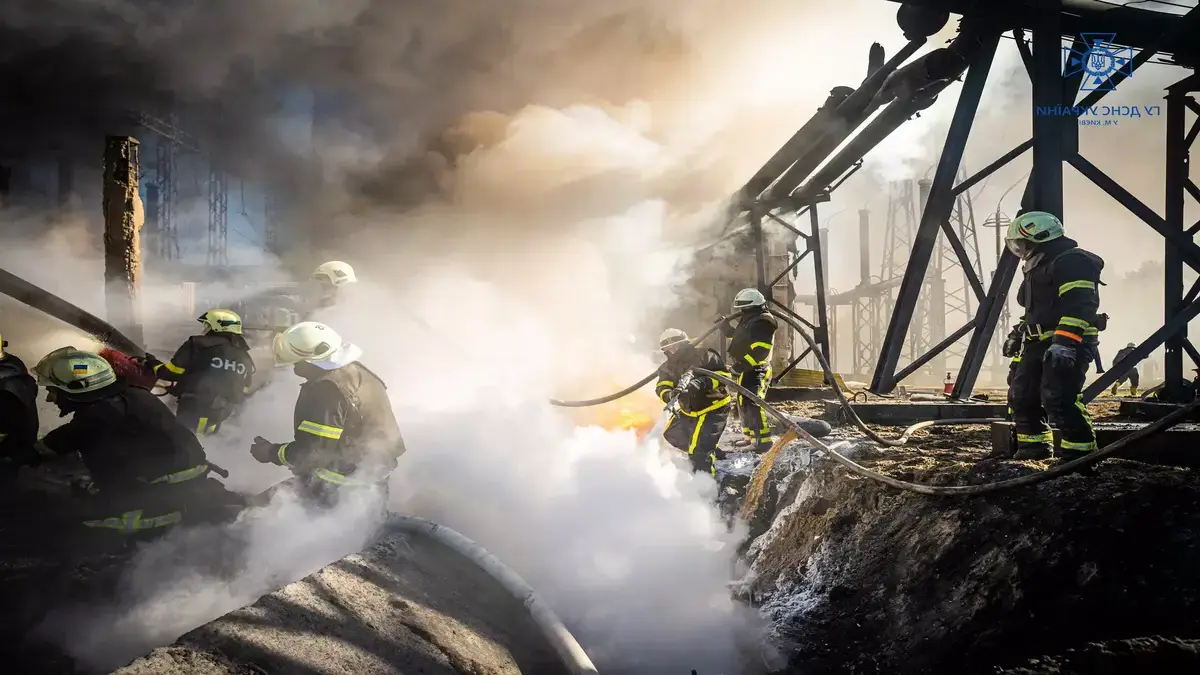
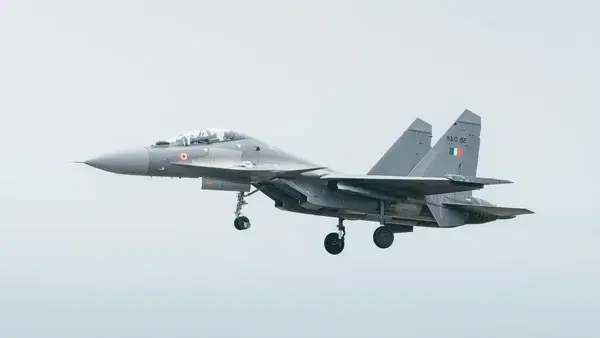
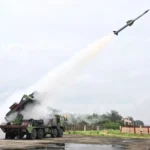
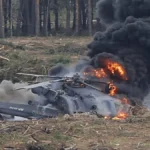
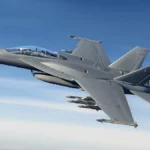



Leave a Reply